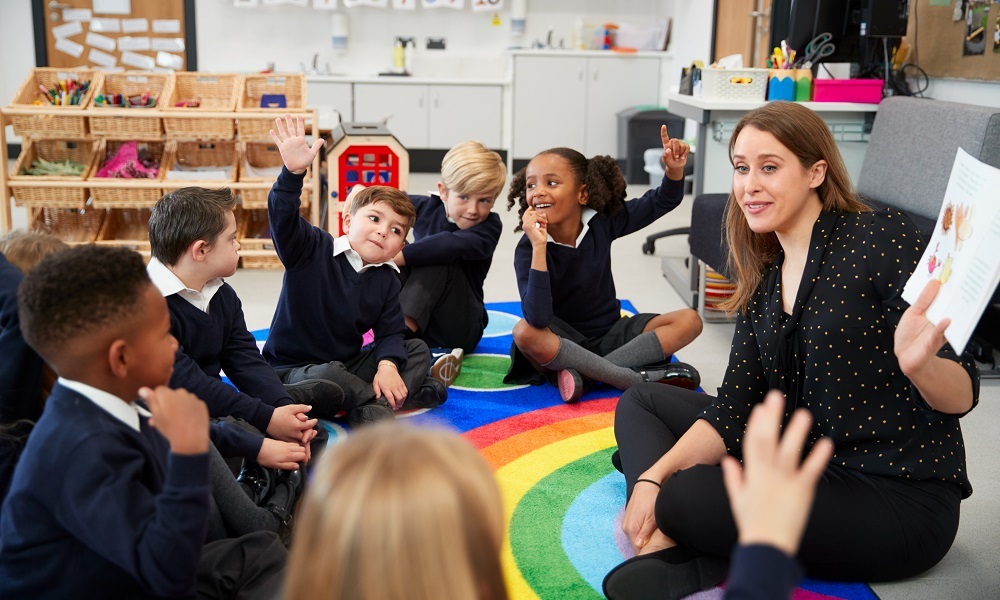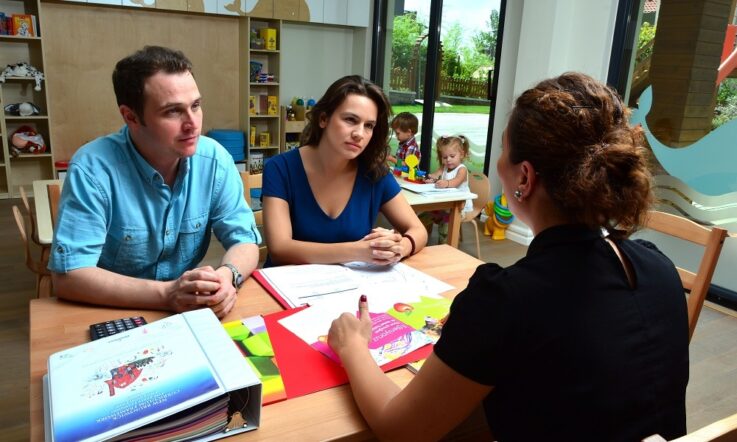Welcome to this edition of Researching education: 5 further readings. In this series, we take a look at some further readings available on a particular topic, including open access research papers from various online databases, and Teacher archive content you might not have come across yet.
In this edition of Researching education: 5 further readings, we’re sharing 5 pieces of content on the topic of supporting reading from researchers in Australia and from overseas. In the resources below, you can access information on guidance given to primary schools in England on the early stages of teaching reading, read an open access research paper on a survey of over 500 educators who shared how they support students with reading difficulties, and look at an article that offers a deep dive into phonemic proficiency.
- Supporting students significantly behind in literacy and numeracy: A review of evidence-based approaches. This research review, commissioned by the Australian Education Research Organisation (AERO), was conducted to inform resources being prepared by the organisation to support students in years 7-9 who are substantially behind their peers in reading, writing and mathematics. The research team included 69 systematic reviews in their paper, and used the information gathered to answer their overarching 5 research questions. Stay tuned: in an upcoming Teacher article, Adam Inder from AERO will share findings from the Implementing effective tiered interventions in secondary schools
project.
- Putting PIRLS to use in classrooms across the globe. This resource is an open access book published by the International Association for the Evaluation of Educational Achievement (IEA) that uses data from PIRLS (Progress in International Reading Literacy Survey) to help teachers improve education in reading comprehension. The text outlines theories of reading comprehension, practical teaching suggestions and teaching reading in a multilingual classroom.
- The reading framework: Teaching the foundations of literacy. The United Kingdom’s Department for Education published this paper to give guidance to primary schools in England on the early stages of teaching reading. The paper includes information on language comprehension, word reading and spelling and building on the foundations with older pupils.
- Educators’ perspectives about teaching and supporting students with learning difficulties in reading. This open access paper, published in the Australian Journal of Education, shares the details of a survey completed by over 500 educators where they shared how they support students with reading difficulties. ‘Results revealed multiple areas of concern related to their capacity to work on reading intervention with these students,’ the authors write, adding that participants indicated that insufficient time and mentorship prevented them from supporting them optimally.
- A deep dive into phonemic proficiency. Published in March this year, this paper states ‘there remains confusion about how certain instructional strategies related to phonemic proficiency fit into the “science of reading”.’ The paper explores the program, Equipped for Reading Success, and also discusses what it means to be phonemically proficient and general principles promoted in programs that target phonemic proficiency.
Some of the resources featured in this article can be found through Cunningham Library Catalogue and EdResearch Online. At the links below, you can search for more resources on the topic of supporting reading in these 2 online databases.
- Supporting reading: Cunningham Library Catalogue
- Supporting reading: EdResearch Online
You can also browse other education topics at this page.
The Cunningham Library membership is open to individuals, schools and organisations. Membership includes access to a comprehensive collection of education research literature; weekday alerts to a selection of Australian education news; fast supply of articles and books from the collection; support in finding research; and an integrated online search tool that works across all our resources.
To become a library member, visit the website.



